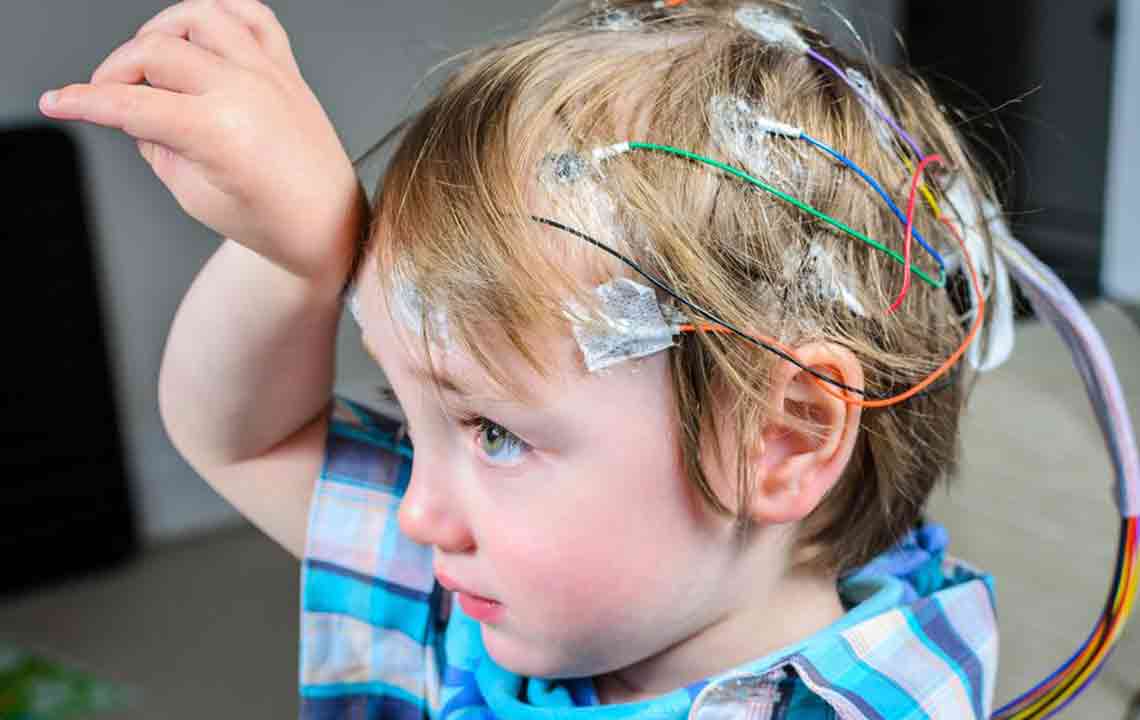Managing Seizures: Prevention Tips and Treatment Options
This article discusses effective strategies to prevent and treat seizures, highlighting precautions, lifestyle modifications, herbal options, vitamins, and alternative therapies like acupuncture. It emphasizes the importance of following medical advice and adopting personal safety measures to manage seizure risks. By understanding different treatment options and preventive steps, individuals at risk can better control their condition and reduce injury chances, promoting a safer and healthier life.

Managing Seizures: Prevention Tips and Treatment Options
A seizure results from sudden electrical disruptions in the brain, often caused by issues in nerve signal transmission. Symptoms may include uncontrollable twitching, limpness, or behavioral changes. There are various types of seizures, such as minor or epileptic episodes. It's important for at-risk individuals to be cautious and avoid risky activities to reduce the chance of injury or seizure occurrence.
Avoid driving
Do not swim or bathe with the bathroom door closed
Refrain from operating heavy machinery
Avoid dangerous physical pursuits
Steer clear of climbing ladders or heights
While many epileptic seizures can't be prevented, head injuries are a common trigger, which can often be avoided. Proper precautions and treatments can help manage and reduce seizure risks.
Preventive measures include wearing seatbelts, avoiding alcohol or drugs during physical activity, and wearing protective gear like helmets in risky environments. Preventing slippery surfaces and avoiding deep water diving are crucial. Adhering to a prescribed treatment plan, avoiding seizure triggers, and consulting a healthcare professional regularly are vital for those undergoing seizure therapy. Herbal remedies like skullcap, valerian, and mugwort, along with vital nutrients such as vitamin B6, magnesium, vitamin E, and vitamin D, may support management. Techniques like meditation, walking, and acupuncture can also help control seizures. Selecting the best treatment depends on individual needs, and consulting a specialist is recommended for personalized care.










